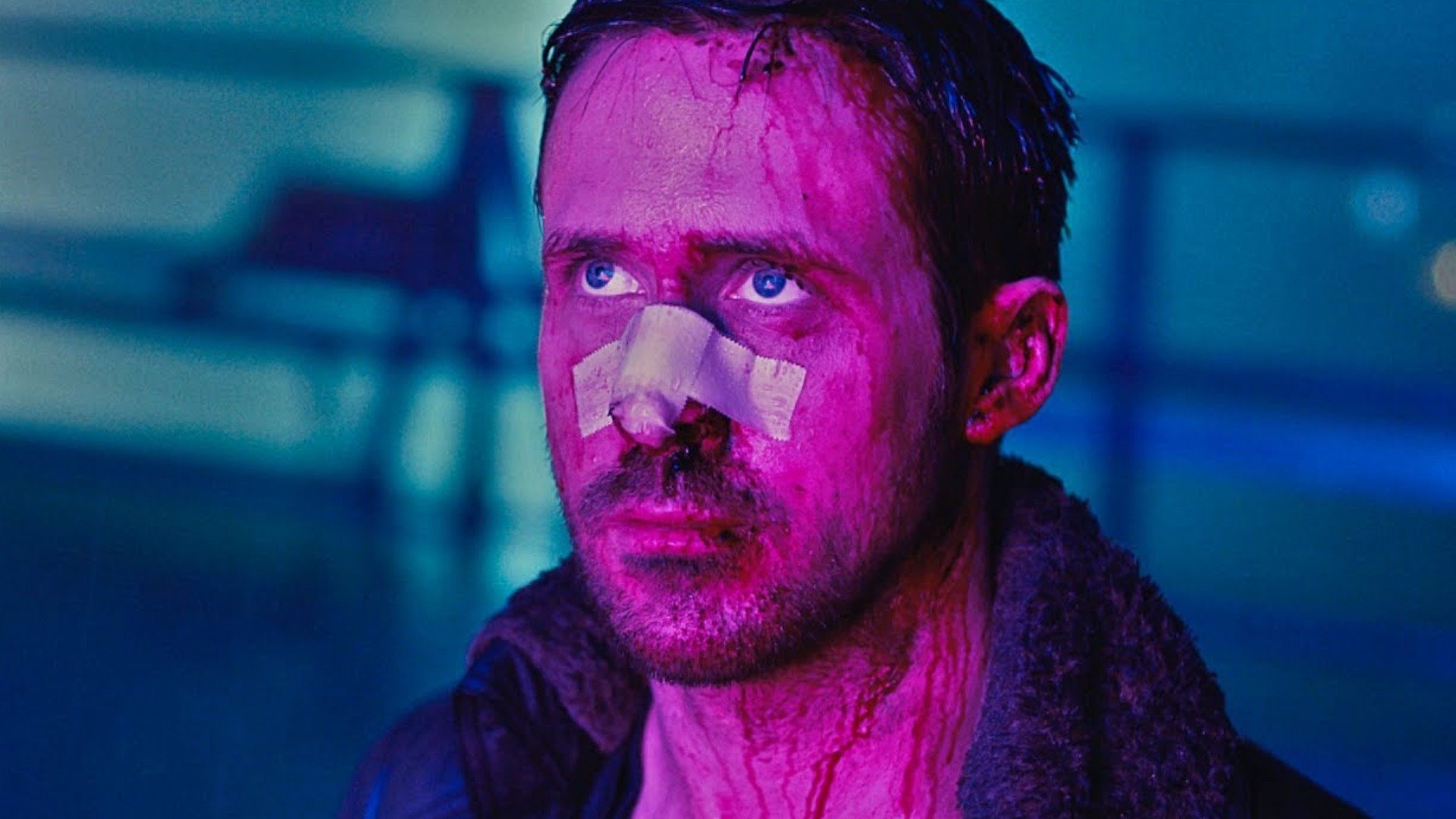The author explores the potential role of AI chatbots in mental health care by engaging with a personalized, emotional chatbot. While impressed by the chatbot’s empathetic language and problem-solving abilities, the author recognizes limitations in forming a true human connection, providing normalization and reality-checking, and detecting self-deception - areas where traditional psychotherapy excels. However, the author sees promise in AI’s capabilities for thought-challenging, non-interpersonal problem-solving, and increased availability compared to human therapists. Ultimately, the author is eager to see how AI tools could complement traditional psychotherapy to improve mental health care delivery while acknowledging the unique value of the human therapeutic relationship.
Summarized by Claude 3 Sonnet


